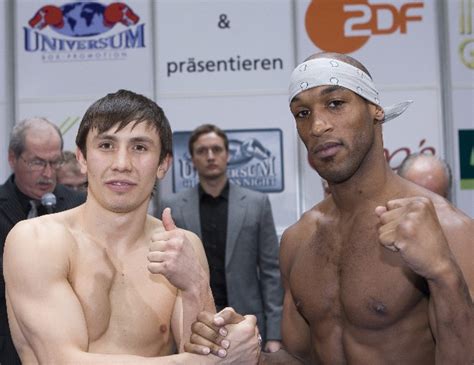A Quote by Jane McGonigal
Related Quotes
I think actually any morality system that rewards only the extremes is a flawed system. Players don't approach life that way, they don't approach games that way, and they shouldn't be trained to approach games that way. They shouldn't be in the mode where, "I've got to choose every good option." They should just play the game. And they should get equal consequences or rewards for that, that are different from the extremes.
Video games are a special kind of play, but at root, they're about the same things as other games: embracing particular rules and restrictions in order to develop skills and experience rewards. When a game is well-designed, it's the balance between these factors that engages people on a fundamental level.
A thoroughly socialized person is one who desires only the rewards that others around him have agreed he should long for - rewards often grafted onto genetically programmed desires.A person who cannot override genetic instructions when necessary is always vulnerable..The solution is to gradually become free of societal rewards and learn how to substitute for them rewards that are under one's own powers.
I think, actually, any morality system that rewards only the extremes is a flawed system. Players don't approach life that way, they don't approach games that way, and they shouldn't be trained to approach games that way. They shouldn't be in the 'Star Wars' mode where, 'I've got to choose every good option.'






































